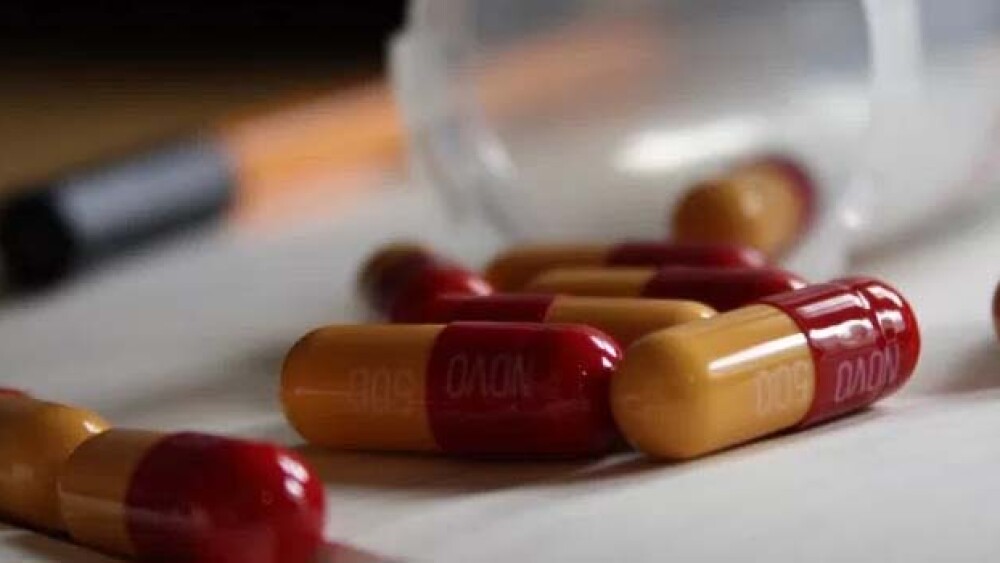DBV’s share price crumbled over the weekend after its Phase III peanut allergy trial failed to show a statistically significant response against placebo.
Investors in France-based DBV Technologies saw their share prices crumble over the weekend when the company reported its Phase III peanut allergy trial failed to show a statistically significant response against placebo.
The announcement was made late Friday after markets closed, and in late trading today, share prices were down more than 50 percent to a low of $19 from the $48.07 closing price.
DBV said its PEPITES (Peanut EPIT Efficacy and Safety) trial of its Viaskin product showed that after one year of taking the 250 mg dose, 35 percent of patients responded favorably to peanut exposure. On the placebo side of things, 13.6 percent of patients responded favorably. However that missed the primary endpoint. DBV said the endpoint was evaluating a 95 percent confidence interval (CI) in the difference in response rates between the drug and placebo arms. The results did not reach the “15 percent lower bound of the CI” that was proposed in the study’s plan.
Despite the failure, DBV said it intends to continue and consult with the U.S. Food and Drug Administration about a path forward for the Viaskin treatment. The company said it intends to proceed with the Biologics License Application.
Pierre-Henri Benhamou, chairman and chief executive officer of DBC Technologies, said the company believes the preliminary analysis of the Phase III trial “shows significant therapeutic promise in the peanut allergic population.” In 2015, Viaskin was granted Breakthrough Therapy Designation by the FDA and Benhamou said the company was committed to developing a peanut therapy for patients.
DBV Chief Scientific Officer Hugh Sampson said the strength of all clinical data we have seen to date in over 650 patients supports the safety and efficacy profile of Viaskin Peanut.
To support the hopes of the DBV team, the company presented preliminary analysis of the cumulative reactive dose, a key secondary endpoint. The data showed that after 12 months of taking the 350 mg dose of Viaskin, patients reached a mean CRD of approximately 900 mg (median 444 mg) and 360 mg (median 144 mg) of peanut protein, respectively. The company said the increase from baseline was statistically significant compared to placebo, which is consistent with Phase IIb data. As a reference, DBV said one peanut contains approximately 250 mg of peanut protein.
“The findings in this study underscore the potential of epicutaneous immunotherapy, and we continue to be encouraged by the response rate and clinically meaningful improvements in cumulative reactive dose that we observed,” Sampson said in a statement.
A full assessment of the data is ongoing, with detailed results expected to be submitted for presentation at a future medical meeting, the company said. Topline results are expected to be announced in November.
While DBV looks for a path forward, rival Aimmune Therapeutics saw its stock spike more than 34 percent to $34.49 after the French company announced its setback. In June 2015, Aimmune won Breakthrough Therapy Designation status from the U.S. Food and Drug Administration for AR101, the company’s investigational oral biologic desensitization therapy for peanut allergy.
If DBV moves forward with the BLA, Eun Yang, an analyst at Jeffries, said in a note that he believes there is a 50/50 chance the Viaskin Peanut product will be approved, Endpoints News reported.





